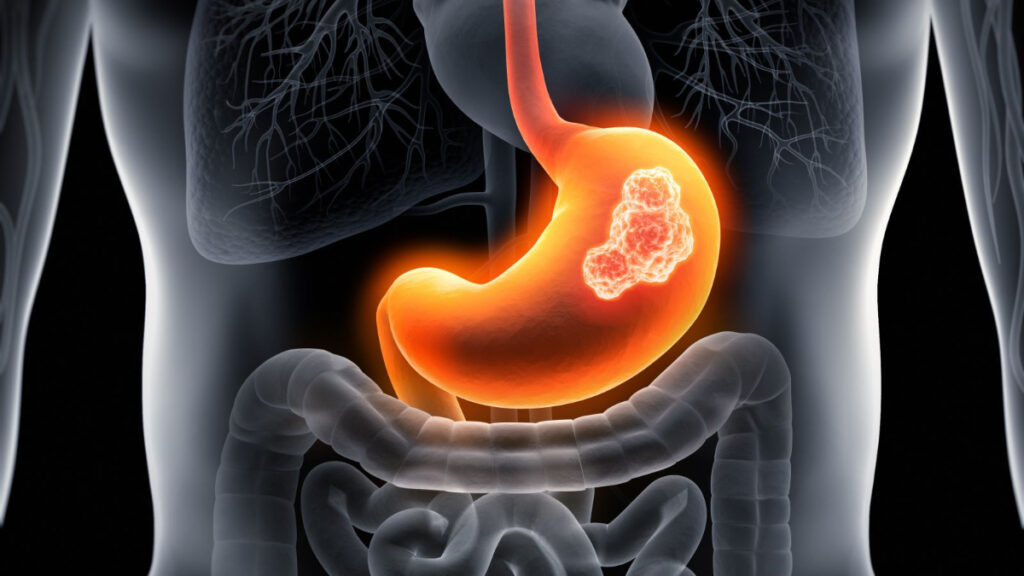
Researchers analysed data on the incidence of gastric cancer across 185 countries using the GLOBOCAN 2022 database, along with death rates projected from United Nations demographic data. The study was published in the journal Nature Medicine. Read on to know more about the study.
A recent study has found that over 15 million people in the world born between 2008 and 2017 might develop gastric cancer at some point in life, with India contributing the second highest number among these cases, after China. The study found that two-thirds of these cases could be concentrated in Asia, followed by Americas and Africa. The study was published in the journal Nature Medicine.
Researchers included those from the International Agency for Research on Cancer, the World Health Organisation’s cancer agency, analysed data on the incidence of gastric cancer across 185 countries using the GLOBOCAN 2022 database, along with death rates projected from United Nations demographic data.
The authors of the study said, “Globally, 15.6 million lifetime gastric cancer cases are expected within these birth cohorts, 76 per cent of which are attributable to Helicobacter pylori (bacteria).”
A persistent infection due to ‘Helicobacter pylori’, a common bacteria found in the stomach, is said to be the main driver of gastric cancer, which ranks as the world’s fifth leading cause of death from cancer.
Study authors called for further investment in preventing gastric cancer, especially through population-level screening and treating of the bacterial infection, known to be preventable through effective treatment. Researchers said that the increasing incidence among he young and an ageing population together threatens to reverse recent efforts in bringing down death rates and cases of gastric cancer.
Researchers projected 10.6 million of new gastric cancer cases will occur in Asia, with 6.5 million cases expected in India and China alone. Cases from India could be 1,657,670 with no changes in the current measures for controlling gastric cancer, it projected.
The authors revealed that sub-Saharan Africa, currently having a relatively low burden of gastric cancer, could see a future burden at least six times higher than 2022.
However, if measures to control gastric cancer in the population are taken, such as screening for and treating bacterial infections, the authors found that expected cases of the disease could be brought down by up to 75 per cent.
(With PTI inputs)
Disclaimer: Tips and suggestions mentioned in the article are for general information purposes only and should not be construed as professional medical advice. Always consult your doctor or a dietician before starting any fitness programme or making any changes to your diet.